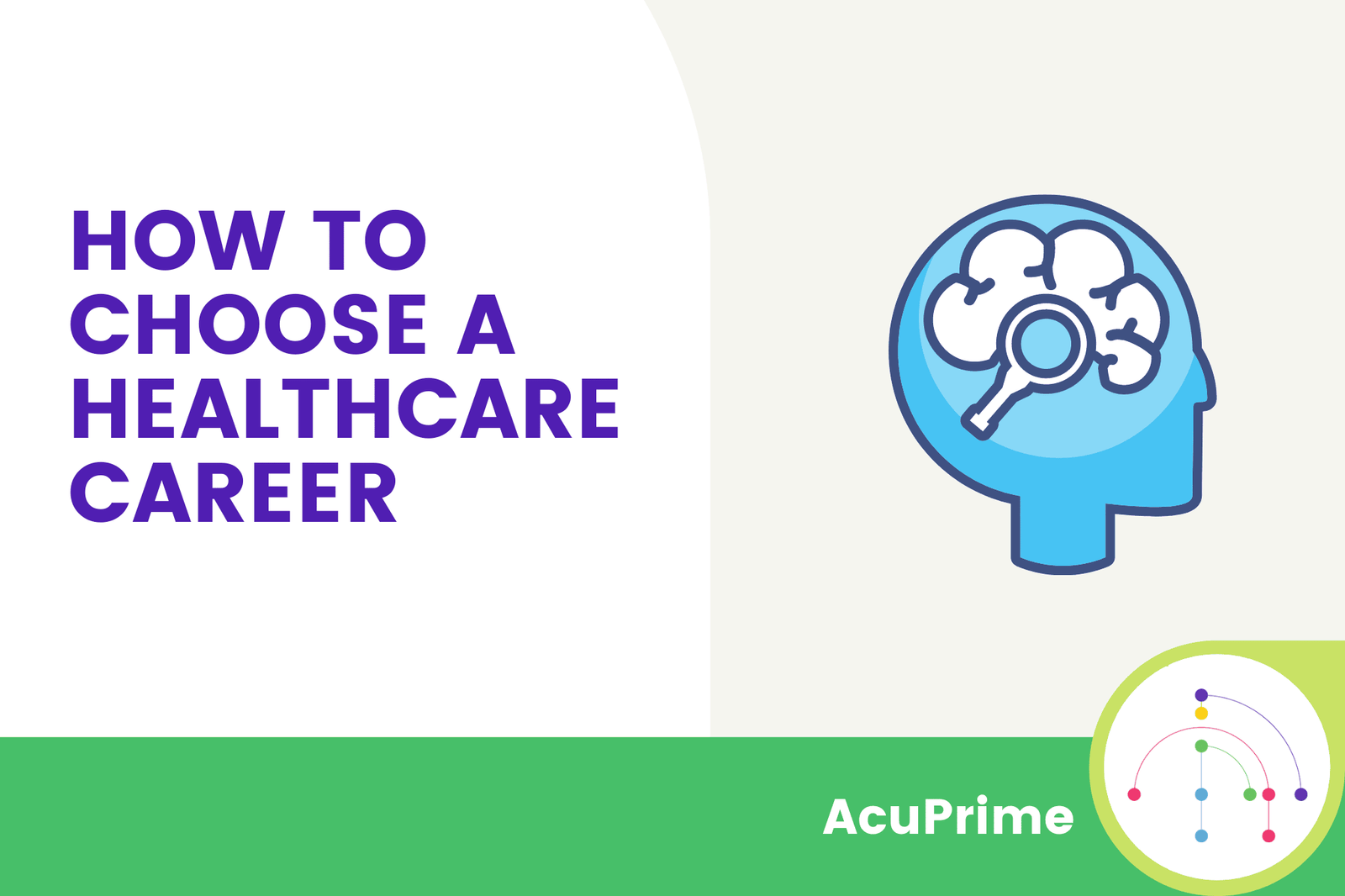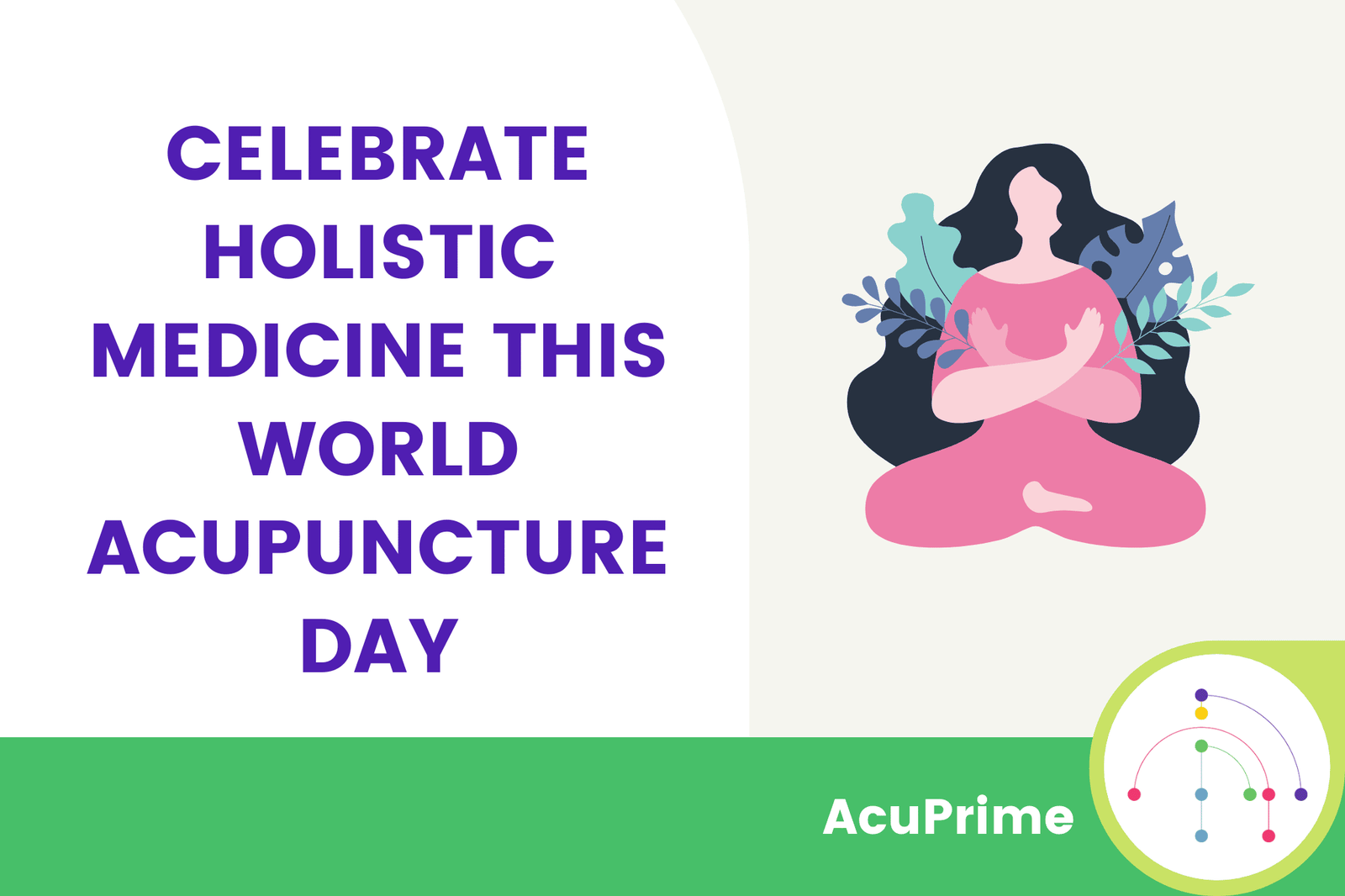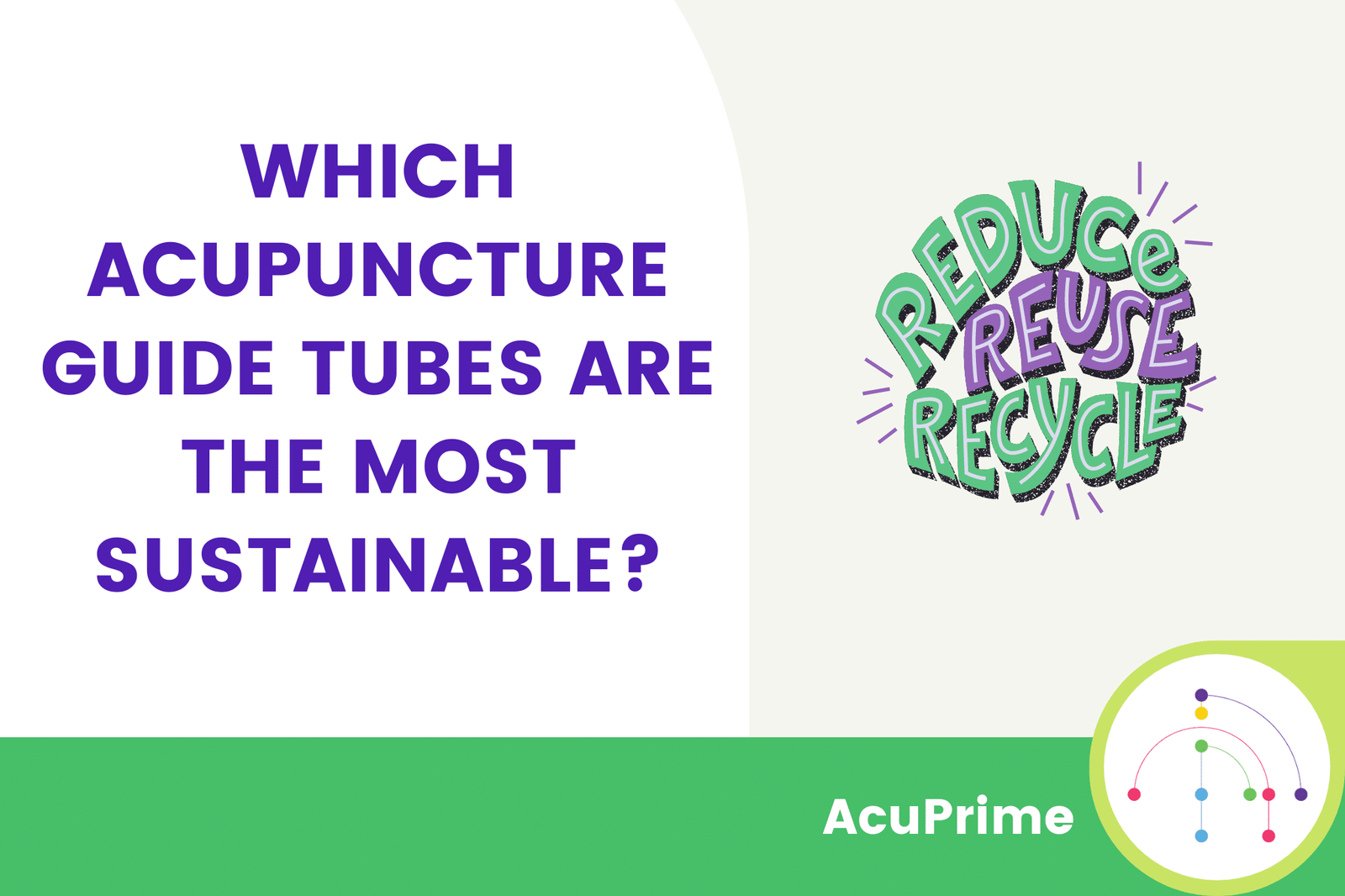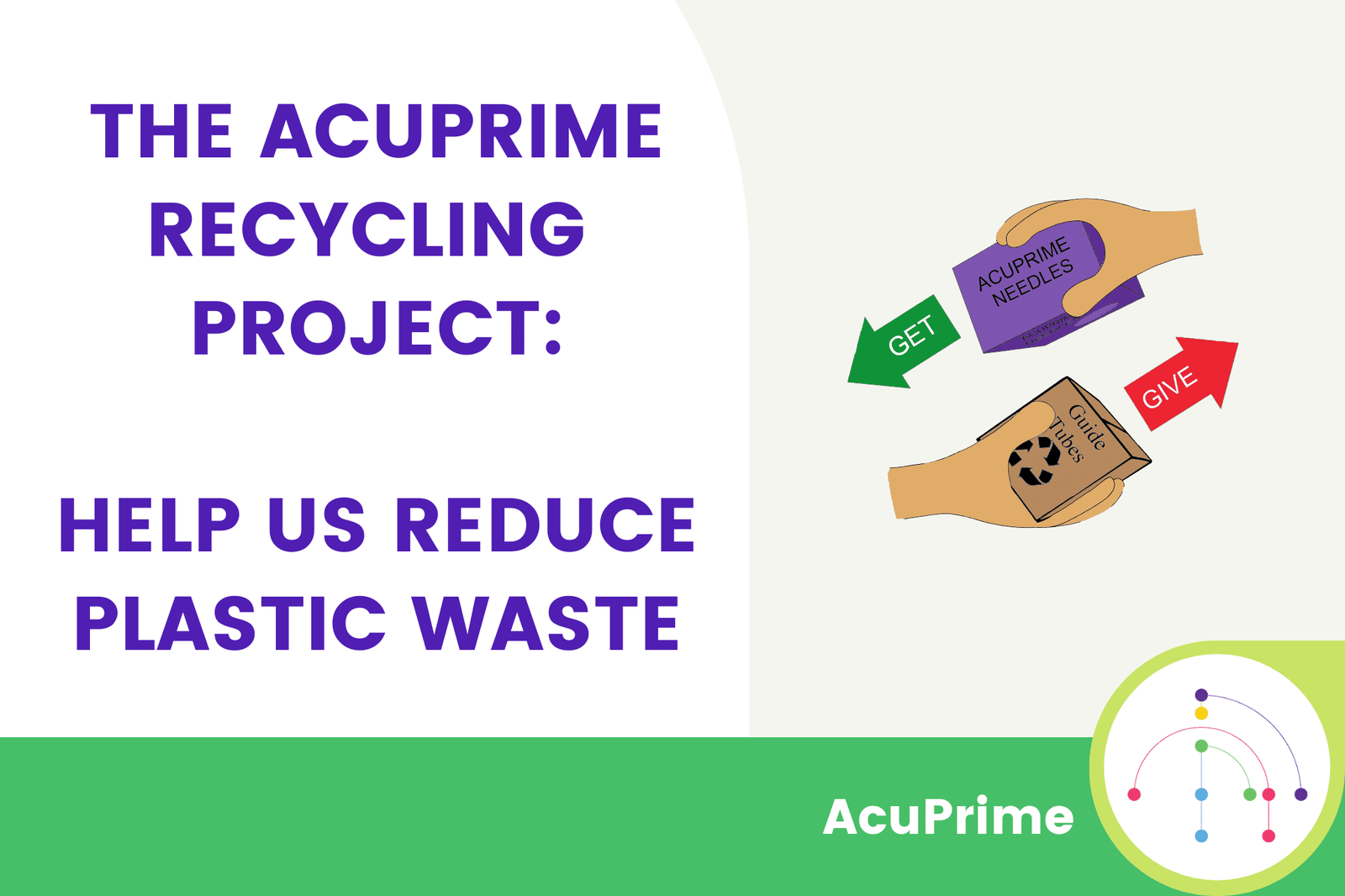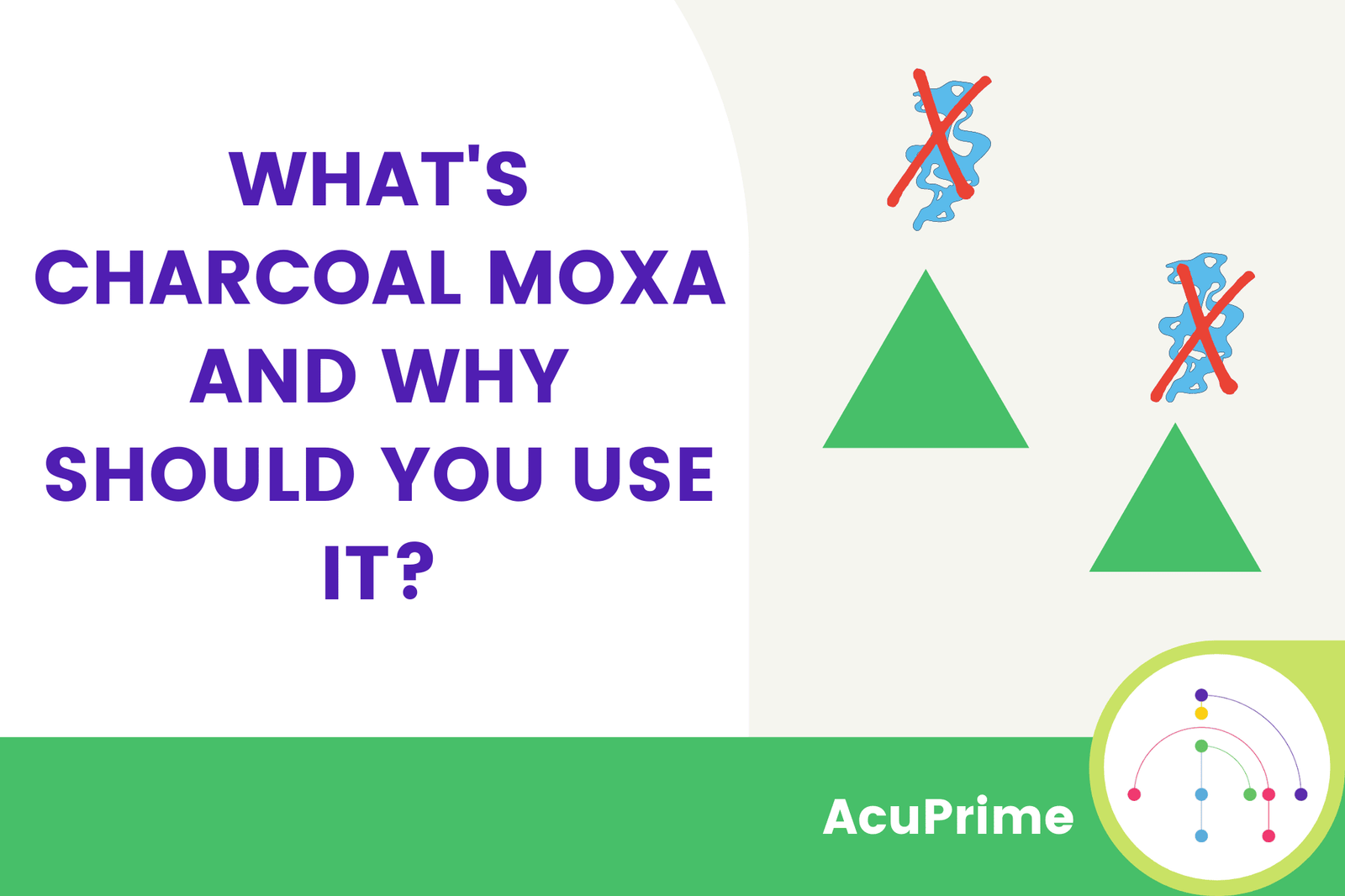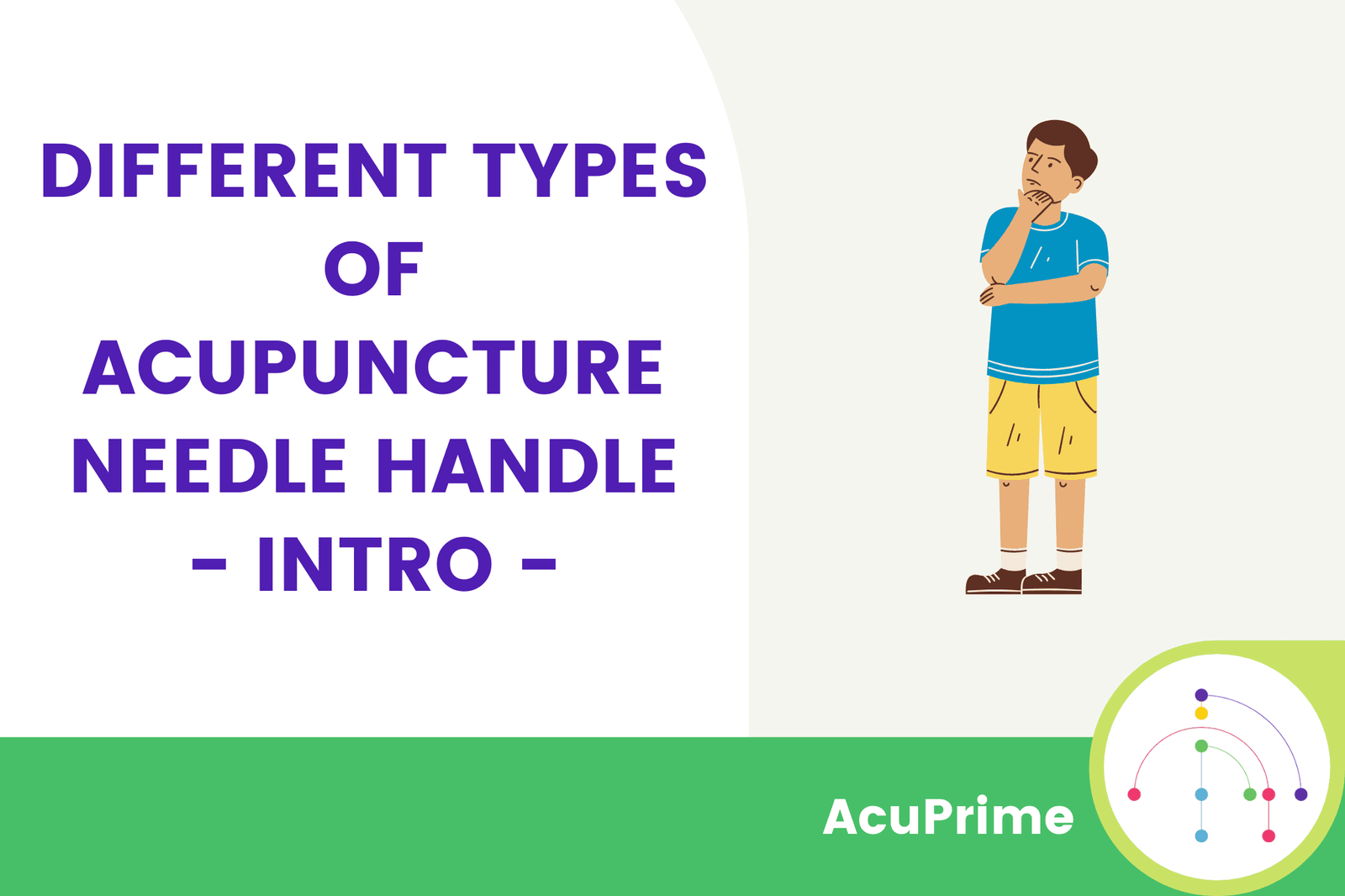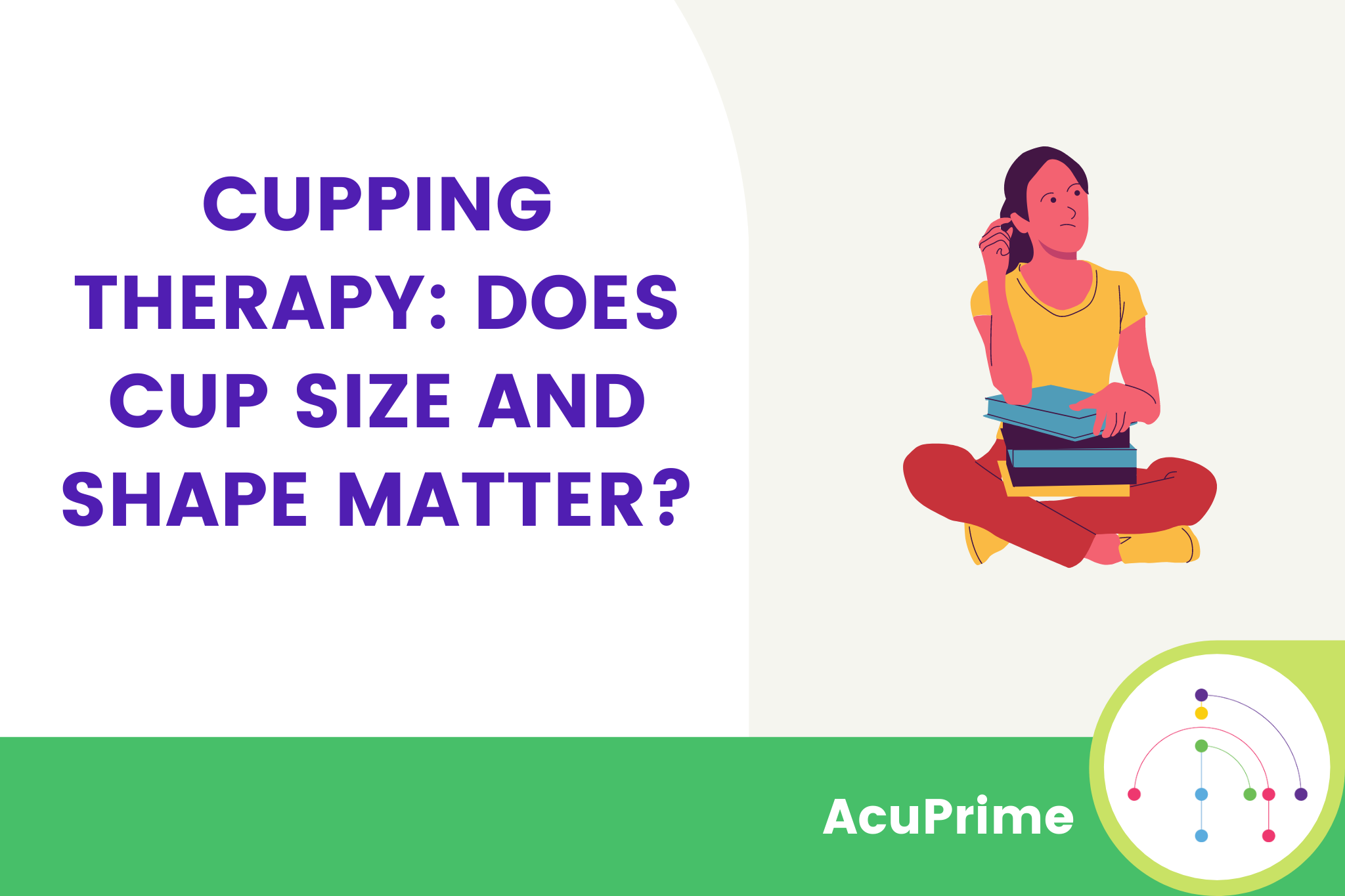Are you leaving education and feeling a little adrift? Okay, a lot adrift? This is a tremendously difficult time to find yourself out in the world without knowing what career you want. In fact, it’s not just former students either, perhaps you’ve found yourself redundant due to the pandemic and you’ve begun rethinking the course your working life should take.
There aren’t many silver linings to Covid-19 but perhaps the attention the healthcare industry has received is one of those silver linings. Every kid knows about doctors and nurses, but how many healthcare careers can you actually name? And we’re not just talking about hospitals and GP surgeries either, how many healthcare roles out in the community could you list?
Healthcare career choices: a path open to all
The healthcare industry is absolutely open to all, no matter how academic you were in school or what setting you like to work in. In healthcare, you could be working in large, multidisciplinary teams or by yourself, from a private clinic. You might be working as part of a non-healthcare organisation, like a sports team or the armed forces, or you might be working in a centre of healthcare, like a hospital.
One of the hardest things when it comes to working in healthcare is deciding where in the industry you want to work in the first place!
There are also different branches of healthcare. Perhaps you want to work on the medical side of the industry. Don’t forget alternative medicine though, where acupuncture, osteopathy and massage often sit. There’s plenty of crossover here too, with the NHS employing practitioners from those professions as well as many working in private practice.
There are many roles, medical and non-medical, that are available. The administration side of the healthcare industry is what keeps the whole thing going in the first place, with clear progressions from secretary and assistant up to managerial and senior roles.
If it’s research and advice that makes you tick, training as a nutritionist or qualifying as a dietician can be hugely rewarding. Like to work in a hands-on role? Careers from medicine and nursing all the way to physiotherapy and chiropractic are yours for the taking.
Does understanding how technology is changing the world inspire you? Health informatics is a fast-growing part of the healthcare industry, where you’ll be at the cutting edge of technology, helping organisations become safer, more efficient and up to date.
How to Decide Which Healthcare Role is for You
There is a huge amount of roles and choosing a path can be exceptionally difficult. However, it’s important to remember that you can move around within the industry as you progress, grow and change interests.
For instance, training as a nurse now could turn into a management or educational position later down the line.
Qualifying as a physiotherapist might expand your interest in sports therapies and you could go from a hospital or community setting to working with athletes specifically.
Perhaps you’re after a mixture of roles? You could build a fascinating career in healthcare science, working in a laboratory before training as an acupuncturist and working part-time in both roles.
We’re well into the 21st century now, your career doesn’t have to be a single-track. Within the healthcare industry there’s a huge amount of flexibility. And you know what’s even better? Progressing through different roles and parts of the industry will allow your expertise to grow and help more people with your wider experience.
To begin choosing your career, you should think about the following questions.
What level of qualification do you have and want?
- To be a doctor, you’ll need to dedicate a significant amount of time to study and have excellent grades to get into medical school. You can retrain as a doctor later in life as with every healthcare career.
- The Allied Health Professions require less but still significant training, often a three or four- year degree. These professionals include radiographers, art therapists, paramedics and physiotherapists.
- Administration doesn’t usually require higher education qualifications and provides a good way into the healthcare industry with excellent progression.
Do You Want to Be Office-Based?
- Medical research, biomedical sciences, health informatics and administration are all typically office-based roles rather than patient-facing.
- Some patient-facing roles become more office-based when you become more senior.
- If you’d rather work in a more physical and patient-facing role, you might want to steer clear of these roles.
What Level of Responsibility Do You Want in a Healthcare Career?
- Emergency medicine and paramedic roles can be extremely stressful, fast-paced jobs. Whilst there’s plenty of support, it’s important to understand how challenging some healthcare roles can be.
- Responsibility also extends throughout every role on different levels. Perhaps you’d relish running a GP practice? Perhaps you love the idea of working under an expert as an assistant.
With over 350 roles in the NHS alone, the choice is vast. You can take their Find Your Career quiz to help narrow it down. There are roles within the healthcare industry that aren’t closely associated with the NHS too, although there is frequent overlap.
These careers include acupuncture, Ayurveda, yoga and Pilates teaching, and even meditation guidance. Holistic practices are becoming an increasingly accepted and encouraged form of healthcare. Training in these tends to be less regulated but with independent bodies running comprehensive courses.
Taking the First Step on Your New Path
Training in a new career is always an exciting time and many healthcare roles complement each other, should you want to change further down the line. The NHS’s careers website is better than ever and career coaches, work experience and chatting to those already in roles you’re considering are all great ways to get an insight.
For more articles and ideas about working in the healthcare industry, particularly the holistic practices, keep reading our blog!

